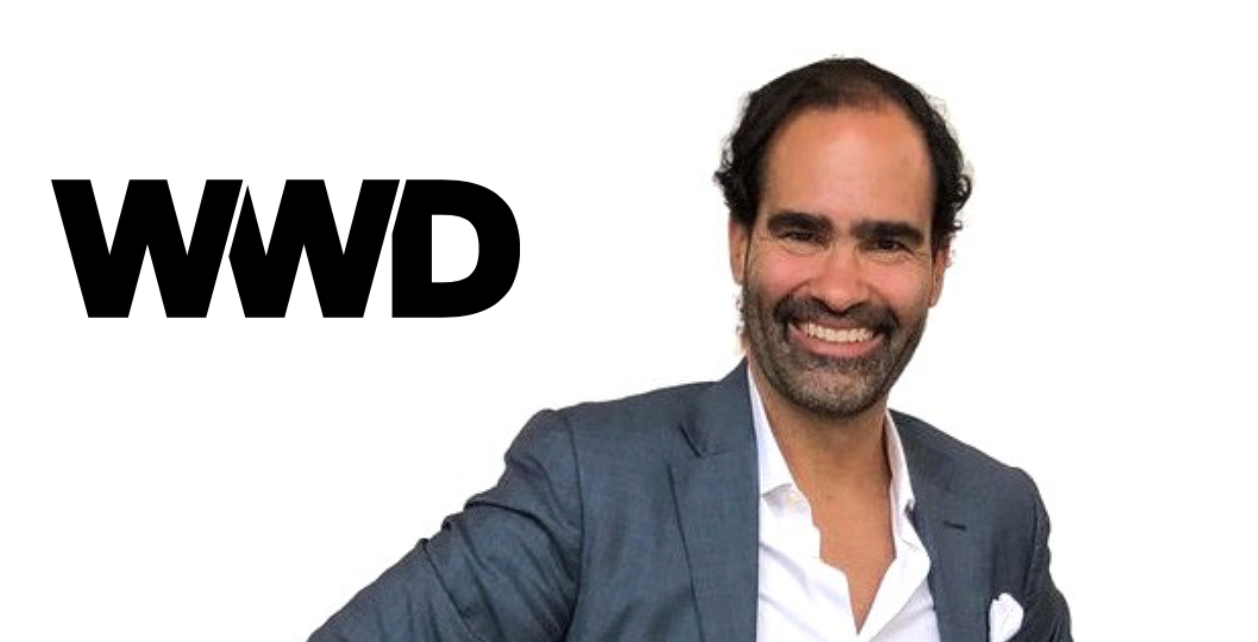Beauty: Why Brands are Missing the Mark With Millennials and Gen Z
Daniel Langer said the biggest misconception is that brands need to create cheaper, stripped-down entry-level products to entice younger consumers.
By Faye Brookman on November 19, 2018
For the last decade, marketers and retailers have chased Millennials and more recently, Gen Z. But, according to Daniel Langer, chief executive officer of Équité, a luxury and consumer brand development company, many still don’t have it right. Langer, the former senior vice president and general manager of Henkel Beauty Care North America, discussed the challenges and the opportunities presented by the consumer cohorts.
WWD: What are brands missing when they pursue Millennials and Gen Z?
Daniel Langer: When Time magazine ran a title story about Millennials, they were described as the “me, me, me generation” and “entitled narcissists.” Other descriptions were the most self-focused generation ever, the generation that invented the selfie and a group always posting curated stories of their lives on Instagram. In my view, their strong desire to express individuality makes Millennials the most appealing generation ever for premium and luxury brands. But there is a catch. Being always connected to the Internet, today’s consumers typically are better informed than those who try to sell them things. And in an ever-changing world, they look for guidance and authenticity. The biggest mistake many companies still do is to behave “corporate” — too sterile, too controlled, too predictable — which many consumers see as fake or staged. For younger consumers “authentic” means authentic. They want to connect, interact and experience brands. For companies, this means a complete paradigm shift to real consumer-centric behavior. Many companies talk about it, but few master it. Among the key challenge I see is that younger consumers focus more on the intangible aspects of a brand, rather than on the tangibles like products. And many brands are not prepared, they do not have a clear brand equity definition that includes purpose and inspiration. Therefore, I sometimes call my job “psychologist for brands,” helping them to overcome their identity-crisis by defining who they are so that they can create strong relevancy to younger consumers.
WWD: What’s something that is surprising about this group — one would assume they don’t have a ton of money and can’t afford luxury, is that true?
D.L.: When I do workshops and training sessions with top managers, the first surprise for many is that this generation has money and that they like to spend it — especially on brands that have a strong appeal to them, like Gucci or Balenciaga. The biggest misconception is that brands need to create cheaper, stripped-down “entry-level” products to entice younger consumers. Affordable line extensions often create irreversible damage as — and this is the second surprise for many managers — the youngest consumers are the most demanding. I like to call them super-empowered, who have highest expectations to quality, service and experiences.
WWD: What makes them so intent on instant gratification?
D.L.: Everything around us gets exponentially faster. We are in a world where technologies can give you quick answers that are only a “few likes away.” Because of this, it is effortless to find the best possible product using the Internet. But that is just the best until the next best offer is released, hence products age faster than ever. Think of your phone or your smartwatch. And even in the beauty industry, the speed of change is ever increasing. New brands pop up almost daily with an incredible number of new products endorsed by a growing number of new influencers. And we all know, when one of the Kardashians recommends a beauty product, it usually sells out in days, sometimes in hours. As a generation that is focused on self-expression, younger consumers are not patient about waiting times. It has to fit them, and it has to be now.
WWD: What can brands do better? What can retailers do better?
D.L.: Yesterday’s strategies are not good enough anymore. Let’s start with retailers: traditional store concepts are transaction driven. It’s all about displaying inventory, giving rational explanations and what they call “service” kicks in starts when something goes wrong, think of typical service desks. Today, there is very little differentiation between the retail concepts of most brands within a category. In essence, everyone does the same. To escape the race to the bottom with increasingly competitive markets, a shift to differentiated, branded experience creation is a must. Stores need to become brand experience centers, offering pro-active personalized service, putting the customer in the center, becoming “hang-out” places where it is not about transaction but about interaction and where people feel “at home.” In short, bringing authentic human touch back into retail.
And brands have to apply the same principles. They need to start defining themselves starting from the consumer perspective, clearly defining how they can create value, rationally and emotionally. When I ask the question “What does your brand inspire in people?” many brand managers can’t answer. If this is the case for your brand, you need to change now, to build a sharp brand equity strategy and define a rigorous brand experience approach across all consumer touch points. Brands need to be more than trademarks. They need to be able to connect, attract and inspire.
WWD: What’s the next demographic group we need to prepare for?
D.L.: Generation Z will become much more influential than they are now. In the luxury market, they still account for less than 5 percent of all dollar purchases. This will change fast. In a few years, they will dethrone Millennials as the most important consumer group. As the first “digital natives,” Generation Z is already initiating the next paradigm shift, completely disrupting the beauty industry. For them, the beauty reality changed from being “prescriptive” to “grassroots.”

